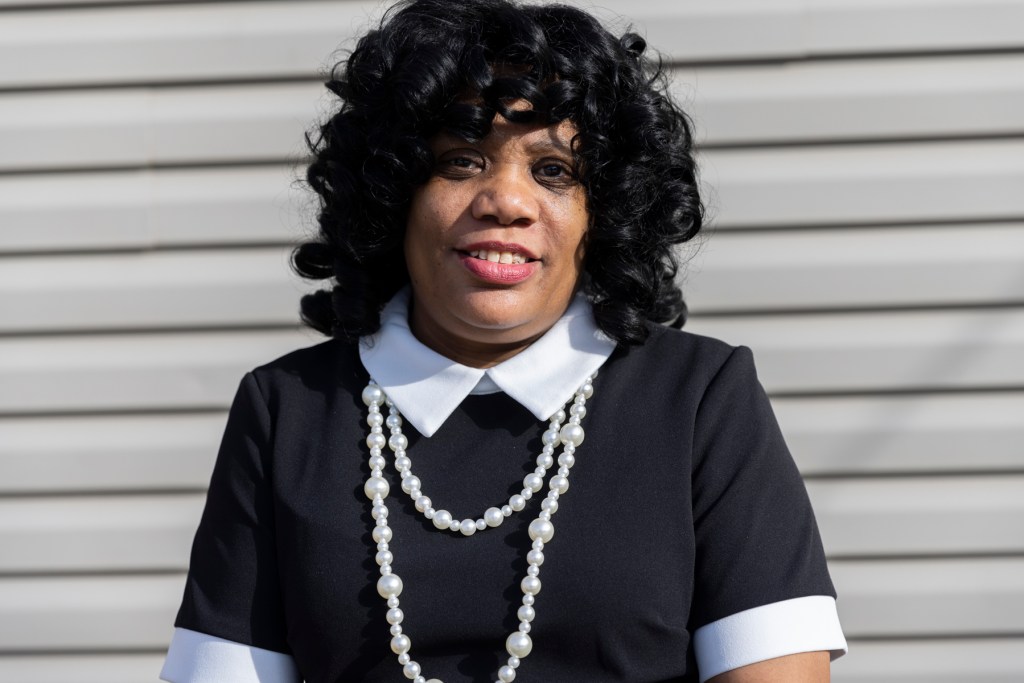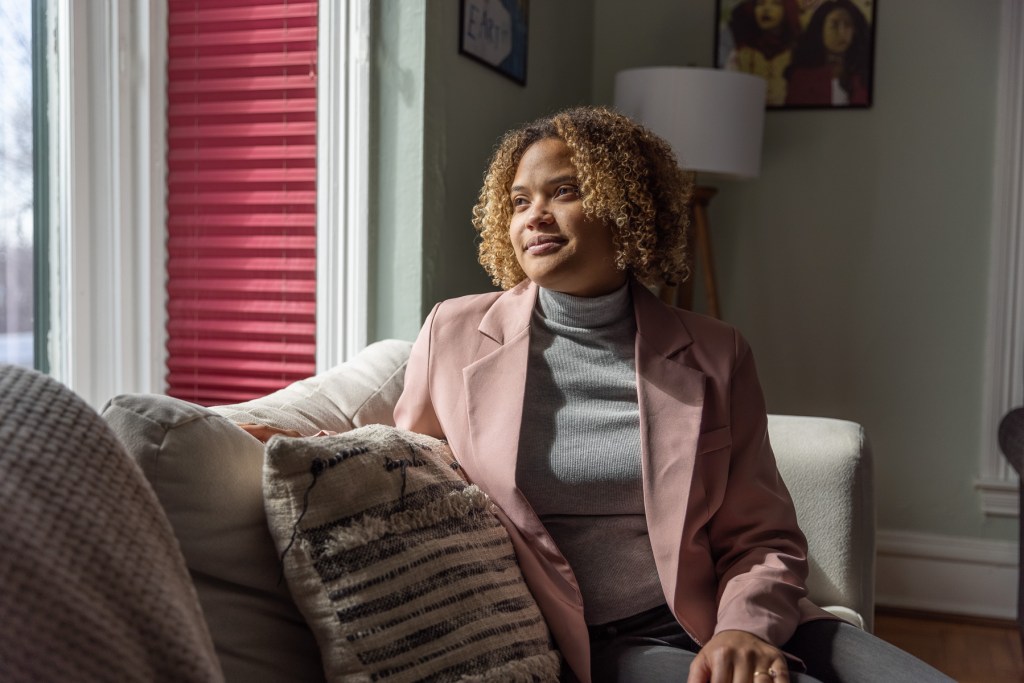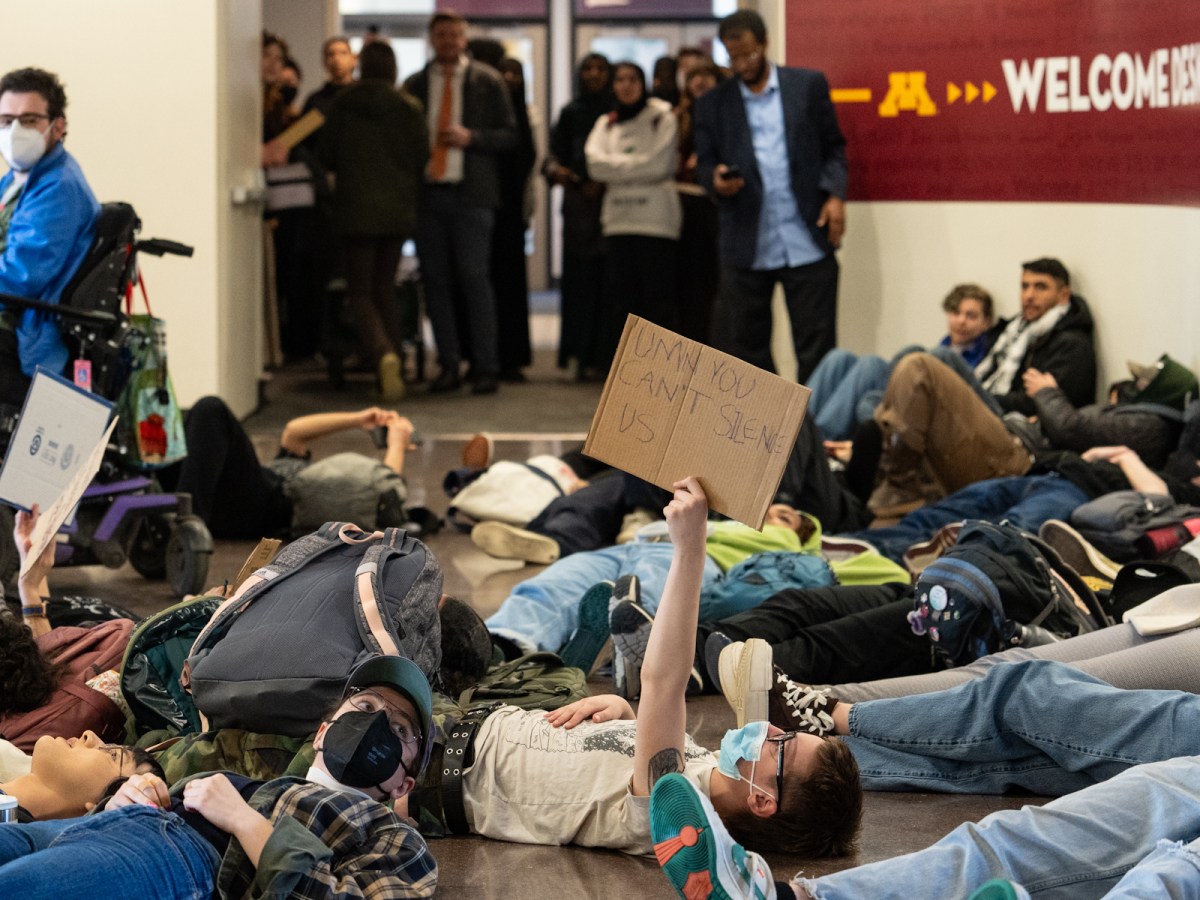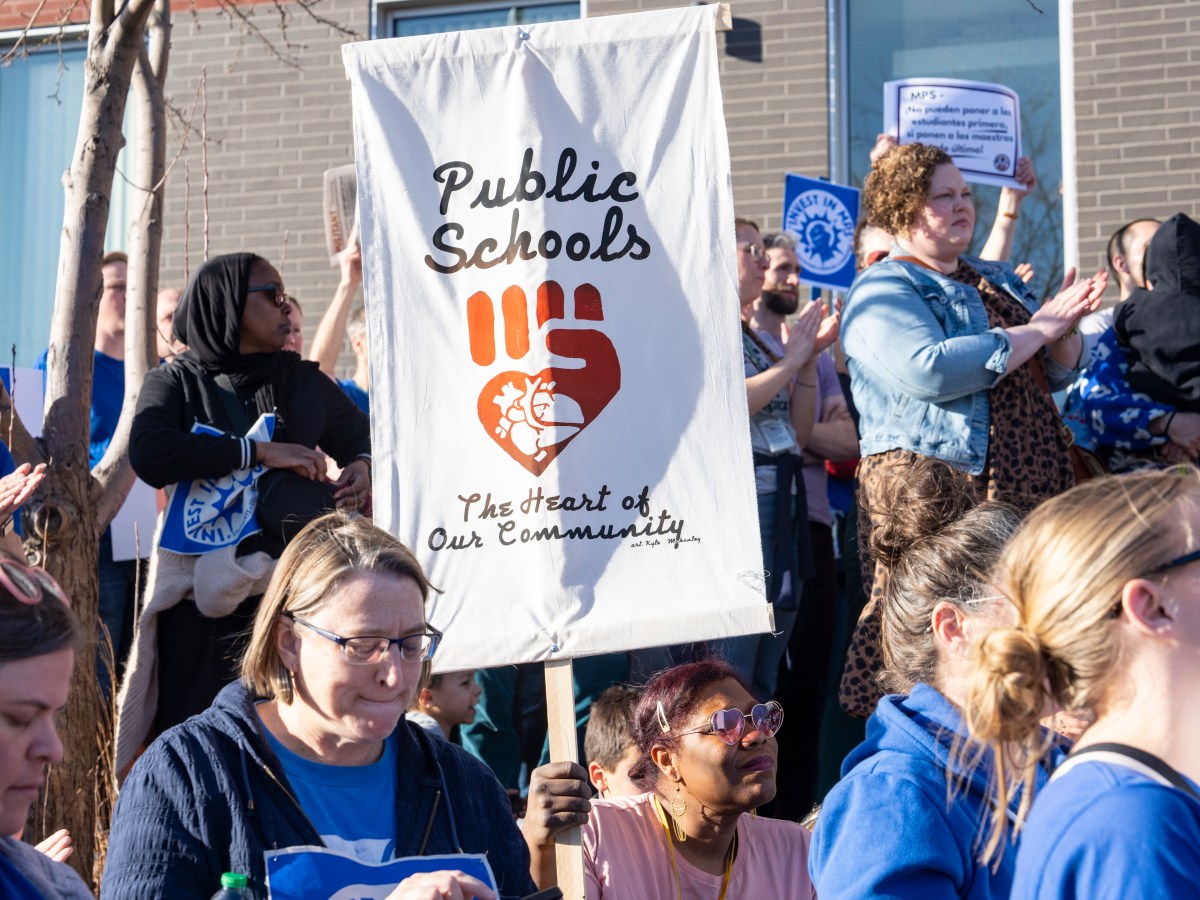Marla Helseth, 54, is running to represent District 49 in Eden Prairie and southern Minnetonka. Helseth, a Republican, is a former model and restaurant manager. She’s currently a stay-at-home mom who lives in Eden Prairie.
Helseth talked about education, COVID, and the 2020 killing of George Floyd, who is Black, by then-Minneapolis officer Derek Chauvin, among other issues.
Helseth’s answers have been edited below for length and clarity.
Why are you running for office?
It’s time for some new political energy in the Minnesota legislature from a non-politician. One of the things I’m hoping to do is bring a new perspective in a number of different things I care about, like education, support funding for public safety, and better policing. I want to encourage economic growth, help reduce government spending, and address high taxes.
My son attends a school called Agape Christi Academy, and I’ve seen from the ground level what it takes to start a school—and also what a good education is. Just because it’s a private school doesn’t mean that I am against public schools. I’m just for good education, maintaining high academic standards, and challenging the students to do well.
Since the George Floyd summer, I have been thinking about not only reducing crime—I think crime has increased because of the lack of police presence—but also reforming our policing in general. We need to address how police officers are trained so that we don’t have another Derek Chauvin on our police forces. At the same time, they need our support.
We have a lot of really good businesses in Eden Prairie. A lot of them were shut down during the lockdown. And I understand our reaction to the coronavirus when it first came around. I’m running for public office to help small businesses recover. And I’m already seeing some of that already.
But I do want to help with funding the Unemployment Insurance Fund that I know the legislature is just now addressing. That would help not just my district, but all of Minnesota recover from what losses they’ve had in COVID.
I love the opportunity that I, just your average citizen, can run for public office and represent the people of the district, and work to improve their lives and improve government.
What would it mean for you to potentially be among the first Black women elected to the Minnesota Senate?
It would be wonderful. I remember looking online and seeing, just for fun, were there any Black women in the Senate at all? And I remember not seeing them and thinking, ‘That would be really cool to be the first Black woman in the Minnesota Senate.’
I’ve never voted Democrat and I and I haven’t always voted either. In my 20s, I didn’t always pay attention to politics. But I do remember, as many people do, when we elected our first Black president. I remember getting kind of choked up about that because that was a very significant step and milestone for our entire United States.
But I will say I hope I win because I can do the job and because people elected me for that purpose, not only because of a particular characteristic.
What do you hope to accomplish, especially as Minnesotans recover post-pandemic?
I want to inject some new energy into the Senate. We need a fresh start in government after our COVID years. We need a new perspective, too, even among our Republican legislators. I want to accomplish true education reform. We talk a lot about education reform or trying to change education in some way so that students actually receive a good education. I would like to really work with other legislators to accomplish that.
When I win office, I hope to have regular town halls where I can take genuine questions from the constituency. I’ve been to a few town halls, and I follow Democrat and Republican legislators on social media. The ones that engage the most with their constituency are doing the best job because they’re really hearing from their people.
Let’s dive into a specific policy issue. As you know the teachers in Minneapolis were on strike. What would your plan be to address funding for things like English language and special education services?
A lot of minority students—Black, Hispanic, and others—are still not doing well. I don’t think fully funding schools necessarily points to good outcomes with student education. There’s a strong correlation between parents’ involvement with the child’s education and student achievement.
My policy would be to talk about ways that we can create policies that keep families intact, and encourage parents to be proactively involved in their student’s lives.
I think it really works when you get families—parents or even grandparents—involved in a student’s life in helping them with their schoolwork and engaging with the school. I’m not sure that’s a legislator’s job, but the more we can do that, the more we will have better-educated kids and more well-rounded kids who could actually go out and change the world.
We’ve seen just how difficult it is to operate in a divided legislature. If the same outcome occurs in November, how do you plan to engage legislators across the aisle?
It’s about building relationships and getting to know people. There are certainly core, heartfelt issues where maybe Republicans and Democrats won’t agree. But that shouldn’t preclude listening to the other side and trying to understand where they’re coming from and how it informs their perspective on an issue. So I’m very open to doing that. I fully intend to engage all legislators on the issues that I’m working on.
Legislators need to look for areas of compromise. Not every issue has to be a Republican-versus-Democrat issue. I have met and talked to some senators already who meet regularly or who work regularly with senators on the other side—people who do work on bipartisan bills. We just have to be open to working with other legislators who might disagree with us on other things.
How do you plan to engage immigrant communities and communities of color?
I already am engaging communities. I am trying to engage as many people in my district as possible and I have every intention of continuing to meet with people in my area of all backgrounds.
I don’t necessarily distinguish people according to communities of color. I would say, rather, that I interact as much as possible with different “cultural communities.” I would rather use that word because, for example, Eden Prairie has a small but thriving Russian and Ukrainian community. I don’t know if people would consider them people of color, but they are people, and I don’t think we should ignore them.
I have every intention to engage all the communities that we have. Eden Prairie is mostly white, but it does have a small Spanish-speaking community. There’s an Indian population in my district, and Russian and Ukrainian. I hope when I’m elected that I will represent all of them.
Communities of color have felt a lot of trauma—going through a pandemic that disproportionately impacted them, living through the killing of George Floyd and the uprising that followed—how would you describe the mood of Minnesotans right now?
People want to move on from COVID. We all understand it was a serious virus and certain things weren’t necessary to stop the spread. But I get the sense from people I talked to that we really want to get back to our normal lives.
There are some I’ve talked to who are still very worried about crime. Even though the areas where they live have not experienced a lot of crime, they go to bed worrying about it. There are people who are frustrated with the current leadership, either in the nation or in the state. People are eager to move on with their lives, treat each other with kindness, and not have so much polarization and divisiveness.
People are ready for change: in their communities, in their lives, and in the government. I’ve seen, at our Republican caucus, a way-larger-than-normal turnout of people coming who want to have a say in who represents them. Maybethe mood is that they’re ready for change and people are optimistic.
There’s a lot of hope for what Minnesota can be when we all work together.












